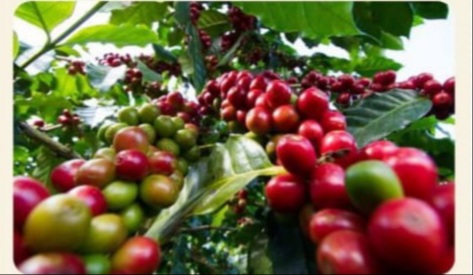
Course Description:
This course introduces learners to the fundamental principles and practices of animal production. It covers the management, breeding, nutrition, housing, and health of farm animals such as cattle, sheep, goats, pigs, and poultry. Emphasis is placed on understanding animal behavior, proper feeding, disease control, and record keeping for efficient and sustainable livestock production. The course also explores the economic importance of livestock farming and its contribution to food security, employment, and rural development.
Through both theoretical and practical lessons, students will gain the knowledge and skills required to manage various livestock enterprises effectively, apply modern technologies, and uphold animal welfare standards.
- Teacher: Admin User

